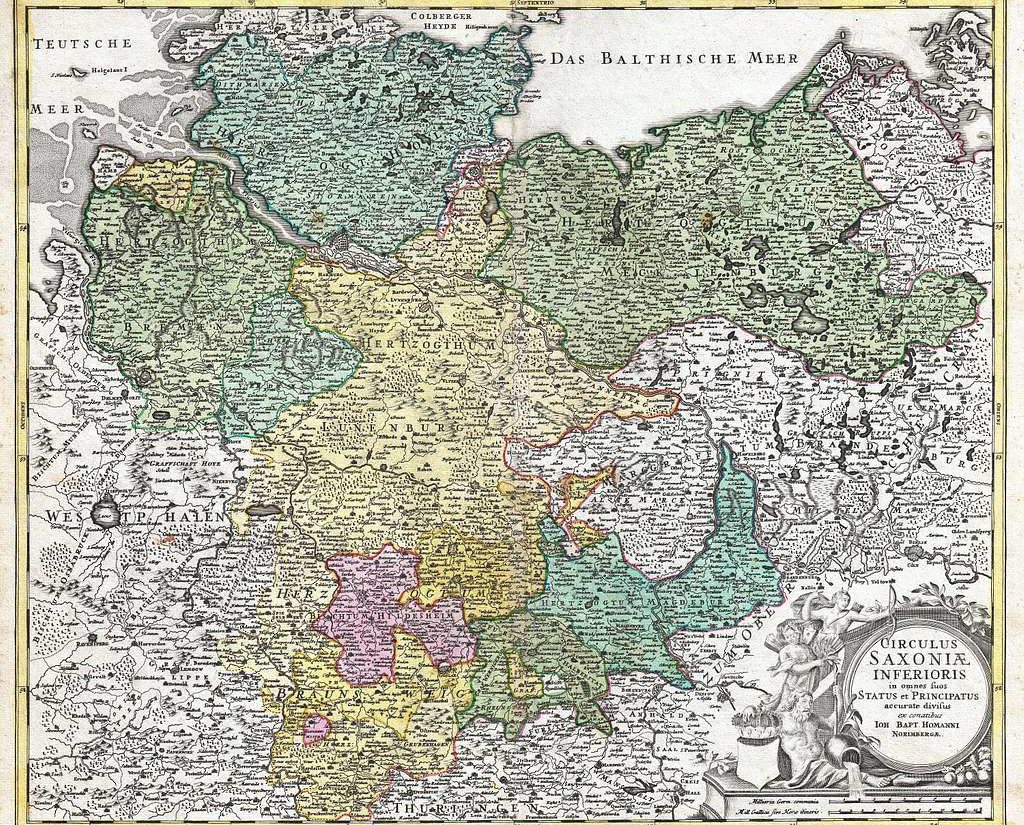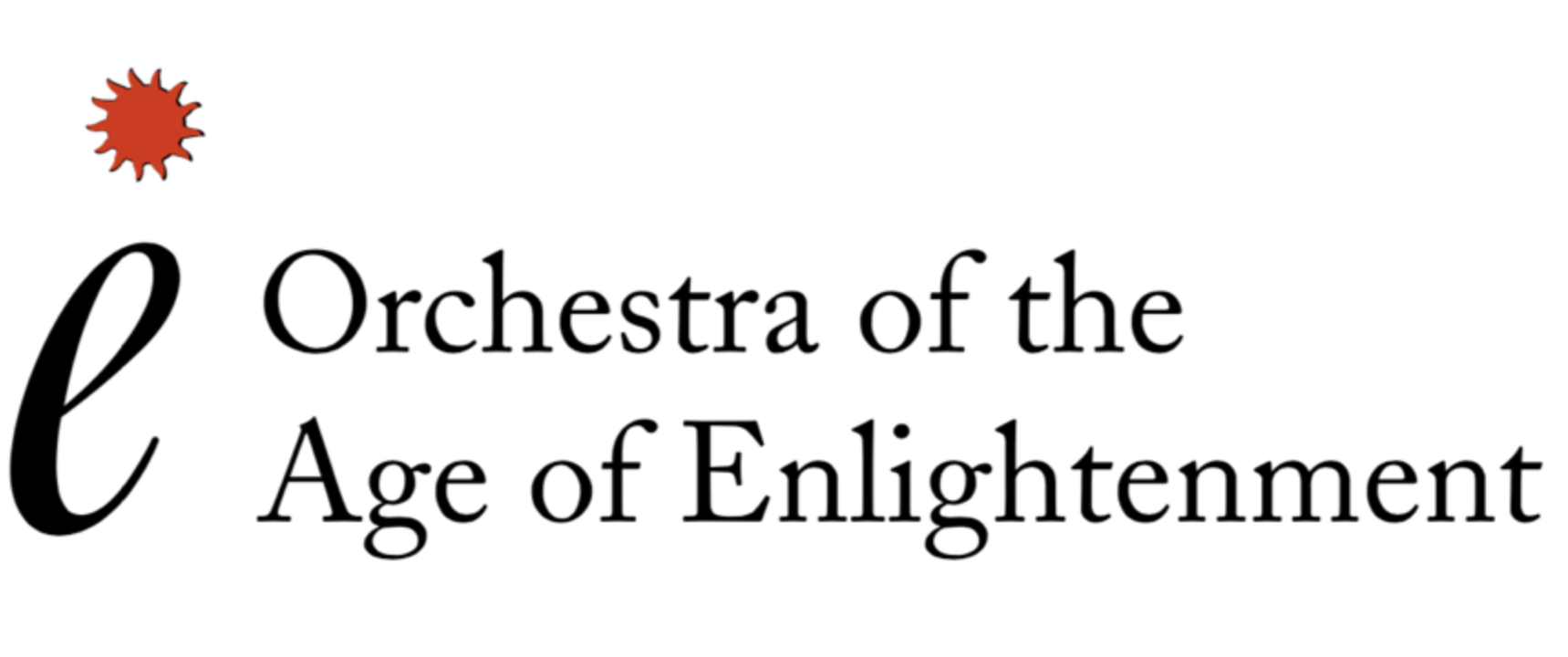Journey’s End 3 March 2023

JS Bach’s life was bookended by two great journeys that framed the relative stability of his career: in his youth, an eye-watering walk of 280 miles to Lübeck to see Buxtehude playing the organ in 1706; and in 1747 a gruelling trip from Leipzig to Frederick the Great’s court at Potsdam for a meeting that would result in the magnificent Musical Offering. Both events are illustrative of Bach’s character, and of how it evolved over time, so that by the end of his life he was able to create the Mass in B minor – some of it from much earlier material – as a sort of compendium of his achievements.
"At a certain moment here in Arnstadt he had so strong an urge to hear as many good organists as he could that he set out for Lübeck, on foot, in order to hear the famous organist of St Mary’s, Dietrich Buxtehude."
Bach’s son CPE Bach wrote of the Lübeck journey in his father’s obituary: ‘At a certain moment here in Arnstadt he had so strong an urge to hear as many good organists as he could that he set out for Lübeck, on foot, in order to hear the famous organist of St Mary’s, Dietrich Buxtehude.’ The journey was retraced and beautifully described by Horatio Clare in his radio broadcast and book, Something of His Art – Walking to Lübeck with JS Bach. Clare writes of features that seem virtually unchanged: ‘In the distance are villages with onion-domed churches; we hear bells at midday from Catholic spires, while the Protestant churches are quiet; in both, the architecture of the ages of faith are perfectly maintained’. The two Churches would find common ground in Bach’s B minor Mass, but at the time he would have been preoccupied by more immediate concerns. Clare wonders: ‘Did he fall into conversation, or hold himself apart? He must have been asked where he was going – on any foot journey someone is bound to enquire. To Lübeck, he surely said, but did he ever say why? Perhaps only another musician would have understood… His youth, purpose and ambition would have given him containment and confidence that did not need conversation to bolster it, but towards the end of the days and at his night stops he would have been ready for some human exchange. No one walks so far in silence.’
Skip to the 1747 journey to Potsdam, and Bach cuts a rather different figure. In contrast with the flamboyant Frederick, who employed CPE Bach at his court, the 62-year-old JS Bach by now represented the old order: sacred music, Germanic precision, learned counterpoint drawing upon recondite traditions. After being buffeted about on his trip from Leipzig, he was announced with the solemn declaration: ‘Gentlemen, old Bach is here.’ The meeting between this rather stubborn composer and the achingly fashionable king was politically charged, too; JS Bach’s patron, the Elector of Saxony, was Frederick’s opponent. Bach was behind enemy lines. Frederick liked to tease his guests and made the mistake of trying to humiliate Bach by setting him an apparently impossible task: to improvise a fugue based on a theme contrived to be unworkable, its intervals too awkward to weave into contrapuntal layers. Bach improvised a three-part fugue on the theme – ‘all those present were seized with astonishment’ – so Frederick pushed further by demanding a six-part fugue, something Bach had never composed let alone improvised. This piqued Bach into going away and writing his unprecedented six-part Ricercar, and the Musical Offering’s feats did not end there: in the canon per tonos the music modulates almost imperceptibly up a tone each time, creating what Douglas Hofstadter, in Gödel, Escher, Bach, called an ‘Endlessly Rising Canon’ or a ‘Strange Loop’, ending up where it started.
"All those present were seized with astonishment"
In between these two significant journeys, Bach’s life was fairly neatly divided into long-term positions. In 1708 he was made court organist at Weimar, remaining there for nine years. In 1717, the musical Prince Leopold of Cöthen invited Bach to become his Kappellmeister, and then in 1722 the cantor at St Thomas’s School in Leipzig died; after conducting his St John Passion there, Bach was appointed to the position. He remained in Leipzig for the rest of his life.
How could such a man summarise such a career? What could do justice to a figure so determined that he ran his feet ragged seeking musical inspiration from a mentor, or tore-up the rule book to prove a king wrong? Perhaps a great Mass was the only solution. Bach was a Lutheran, for whom a mass usually consisted of just a ‘Kyrie’ and a ‘Gloria’. He had written five Lutheran masses, but needed something grander as a final statement of his prowess in this field. Perhaps the rebellious spirit that defied Frederick’s goading also enjoyed the idea of beating Catholics at their own game. The work was not written to fulfil a patron’s commission, nor for any specific occasion; it is a reflection of Bach’s devout Christian faith, but is also a portfolio compiled at the end of his life to showcase his range as a composer.

